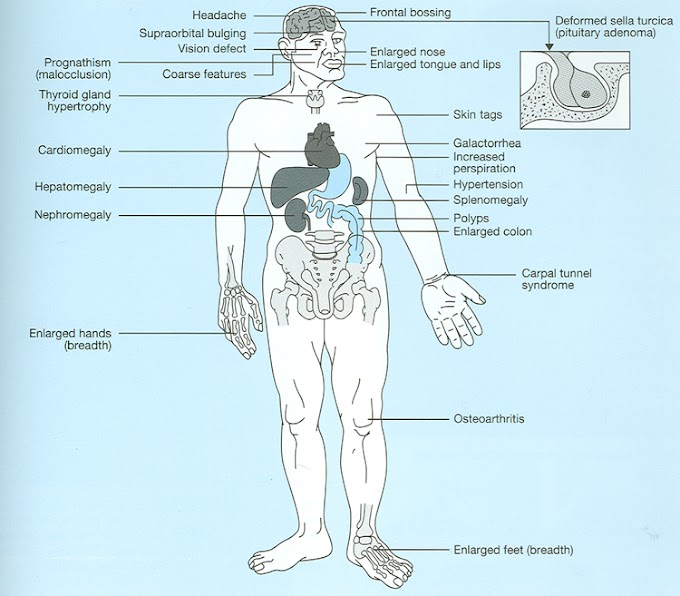A brain tumor is a disease in which cells grow uncontrollably in the brain. Brain tumors are of two main types:
Benign tumors are incapable of spreading beyond the brain itself. Despite their name, however, benign brain tumors can do serious harm and are often fatal without treatment.
Malignant tumors are typically called brain cancer. These tumors can spread outside of the brain. Brain malignancies can be divided into two categories:
Primary brain cancer –originates in the brain
Secondary or metastatic brain cancer –spreads to the brain from another site in the body
Cancer occurs when cells in the body (in this case brain cells) divide without control or order. Normally, cells divide in a regulated manner. If cells keep dividing uncontrollably when new cells are not needed, a mass of tissue forms, called a growth or tumor. The term cancer usually refers to malignant tumors, which can invade nearby tissues and can spread to other parts of the body. A benign tumor does not invade or spread.
Causes
The cause of primary brain cancer is unknown. The causes of secondary brain cancers are those that caused the malignancy at the site of origin (e.g., lung or breast).
Risk Factors
A risk factor is something that increases your chance of getting a disease or condition.
Risk factors for primary brain cancer include:
• Radiation
• Immune system dysfunction
• Family history of rare types of cancer
Risk factors for metastatic brain cancer include:
• Lung cancer
• Breast cancer
• Malignant melanomas
• Gastrointestinal tract cancer
• Genital or urinary tract cancer
Any type of cancer can ultimately spread to the brain. The following list names those types of cancer that most likely involve the brain at some point.
Symptoms
Symptoms vary, depending on the tumor's size and location. A growing tumor is often associated with fluid buildup, which puts pressure on the brain. Symptoms may develop gradually or rapidly.
Symptoms may include:
• Headache. The vast majority of headaches are not caused by brain tumors. Headaches associated with brain tumors tend to have the following features:
- Progressively worse over a period of weeks to months
- Worse in the morning or cause you to wake during the night
- Different than normal headache
- Worsens with change of posture, straining, or coughing
• Nausea or vomiting
• Weakness in arms and/or legs
• Loss of sensation in arms and/or legs
• Difficulty walking
• Vision changes
• Speech problems
• Drowsiness
• Memory problems
• Personality changes
Note: These symptoms may also be caused by other, less serious health conditions. Anyone experiencing these symptoms should see a doctor.
Diagnosis
The doctor will ask about symptoms and medical history, and perform a physical exam, with particular attention to the neurologic exam. A neurologic exam tests muscle strength, coordination, reflexes, response to stimuli, and alertness. The doctor will also look into your eyes to check for signs of brain swelling.
Tests may include:
MRI Scan – a test that uses magnetic waves to make pictures of structures inside the body.
CT Scan – a type of x-ray that uses a computer to make pictures of structures inside the body.
PET Scan – a test that detects the level of metabolic activity in the brain and other organs by tracking a radioactive sugar molecule that is injected into the bloodstream.
Arteriography – a test that uses x-rays to make pictures of the vasculature in the brain after injection of contrast material into an artery.
Biopsy – removal of a sample of brain tissue to test for cancer cells.
Stereotaxis – use of a computer-assisted CT or MRI scan to locate the tumor and take a biopsy. The doctor drills a small hole in the skull, inserts a needle and withdraws the sample tissue.
Treatment
Once cancer is found, staging tests are performed to find out if the cancer has spread and, if so, to what extent. Treatment depends on the type, size, and location of the cancer, and your overall health. Treatments may leave you with physical or mental limitations.
Before beginning treatment to eliminate the cancer, you may take medications including:
• Steroids to decrease swelling and fluid buildup:
- Dexamethasone
- Phenytoin
- Carbamazepine
- Phenobarbital
- Valproic acid
- Treatment may include:
Surgicalremoval of the cancerous tumor. Surgical procedures include:
Craniotomy – opening of the skull to remove the tumor or as much of the tumor as possible
Shunt – implanting a long thin tube in the brain to divert built-up fluid to another part of the body
Radiation Therapy
The use of radiation to kill cancer cells and shrink tumors. This is a common treatment for brain tumors, since surgical removal can often be difficult to achieve safely. Radiation may be:
- External Radiation Therapy – radiation directed at the tumor from a source outside the body
- Internal Radiation Therapy – radioactive materials placed into the body near the cancer cells
The use of drugs to kill cancer cells. Chemotherapy may be given in many forms including: pill, injection, and via a catheter. The drugs enter the bloodstream and travel through the body killing mostly cancer cells, but also some healthy cells.
Rehabilitation Therapy
Rehabilitation therapy includes:
• Physical therapy helps with walking, balance, and building strength.
• Occupational therapy helps with mastering life skills, such as dressing, eating, and using the toilet.
• Speech therapy helps you express thoughts and overcome swallowing difficulties.
Prevention
There are no guidelines for preventing brain cancer.
There is no present conclusive data that using cell phones or living by electrical wires or power plants increases your risk of developing a brain tumor.




0 Comments